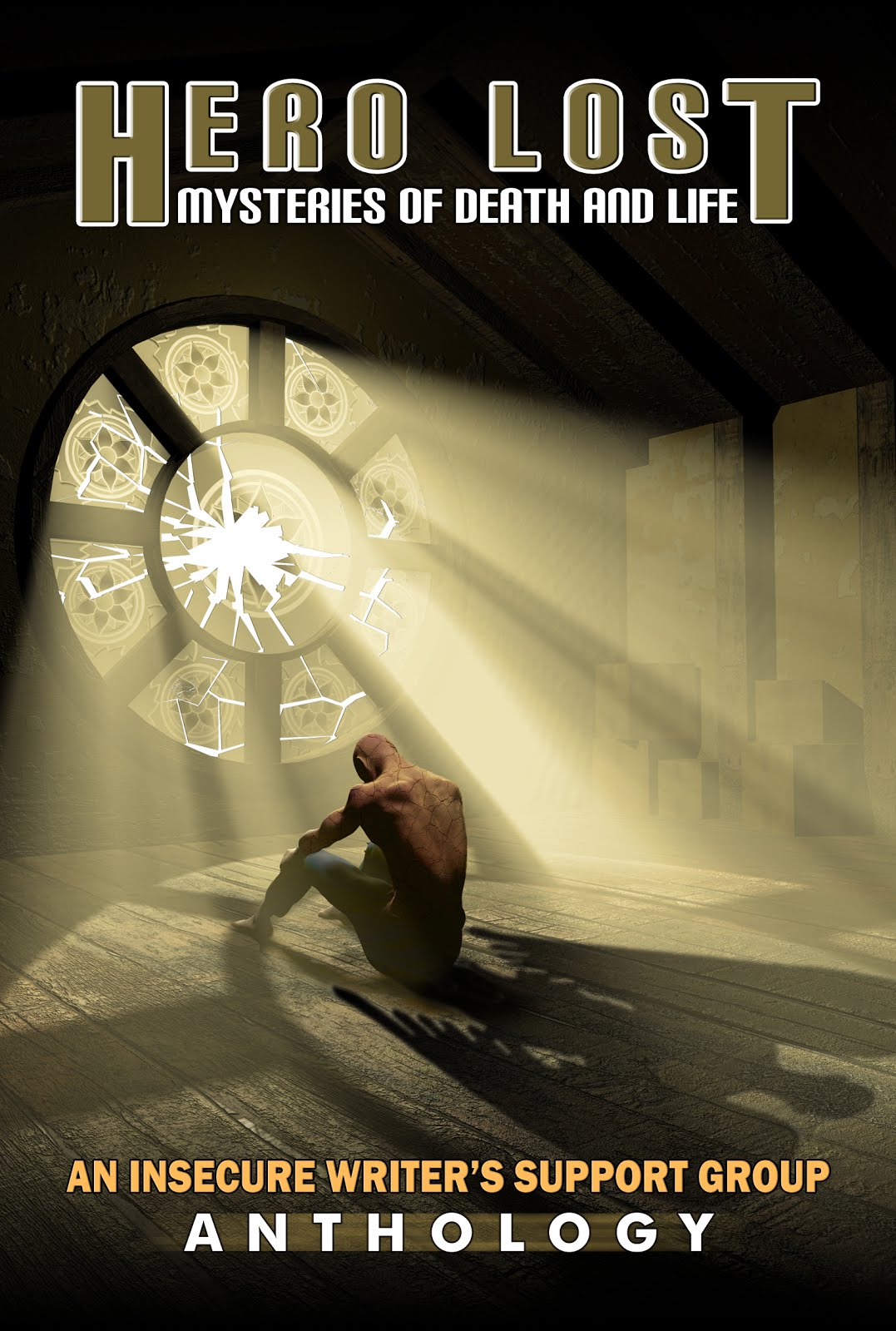Writing Chapter One was like a whirlwind. Once I had decided that I was going to commit to it, once the momentum got going, it couldn’t be stopped. I stayed up until 3 a.m. until it was finished because I wanted that sense of completion before I went to sleep. I didn’t want to leave it unfinished.
Chapter Two had a similar momentum. I wrote the entire thing over the course of one day. It was all very exhilarating, the fact that I, a rather sporadic writer, was actually writing a novel in order. I just wanted to keep that motivation alive, to get as much done as possible.
The first chapter was like the teaser—establish the characters and just hint at an eventual plot. The second chapter was almost like an extension of Chapter One, diving a bit deeper into the plot with a little more backstory thrown in. Now I was faced with Chapter Three, and all I could keep asking myself was, “Now what?” This was my bridge chapter, what was going to take me from the beginning of the story to the real heart of the plot. I knew exactly how the next two chapters would go, but I had no idea how to get there. Besides a few great anecdotes that I was able to piece together for the first page, I had absolutely nothing. I was staring at the blank page.
I came up with every excuse in the world as to why I couldn’t write. Maybe I was just too stressed out about things in my life. Maybe I had overworked my creativity and just needed a break. Maybe my muse was sick of me. Or maybe I was sick of him. I even blamed it on the music I was listening to. Eventually I had to face the facts. For the first time in over four months, I had writer’s block. It felt like I was accepting a death sentence.
What was really bothering me was that this didn’t feel like regular writer’s block. It felt like I just couldn’t figure things out anymore. I started thinking that Chapter Three was such a throwaway chapter, that I didn’t need it at all and really just needed to dive into the story, not string the reader along and leave them bored for too long.
I didn’t know what to do, but every time I even thought about it, I would cringe and turn my thoughts onto something else. I just wanted to avoid it altogether.
So I went back to my usual way of writing things, furiously typing out ideas as they came to me, not even knowing whether or not they would end up in the book. But even that wasn’t working. Besides one hiccup of a great scene, I spent about a month with absolutely nothing worthwhile.
It might be easy for other writers to set down their work and put it aside for a while, but for me, that’s impossible. My narrator feels more like some sort of parasite that has attached himself onto my brain. Even when I can’t write, I’m thinking about writing. So I can’t escape it, which just makes the inability to write more frustrating.
Finally it dawned on me. It wasn’t that I needed a break from writing, or even from the universe of this particular story. I needed a break from the narrator. Absence makes the heart grow fonder, right? I needed to write in someone else’s voice, even if it only amounted to a simple writing exercise.
This was a perfect opportunity to dive into the backstories of some of the other characters. I chose one and just started writing, not worrying about making the sentences perfect or even if it made sense. I could always go back and change it and most of the details wouldn’t even be important for the actual novel. It was important for me to be able to understand these characters so that they would seem real and their actions would have reasons and motivations.
So I dove in head first, writing page after page spanning years across one character’s life. My fingers were typing faster than they ever had been just to keep up with my brain. I realized that this was easy because there was no pressure. I didn’t have to get it right. I just had to get it down. The sentences could be awful, the voice could be inconsistent, but the ideas were still there. There was this overwhelming sense of freedom, and I loved it.






